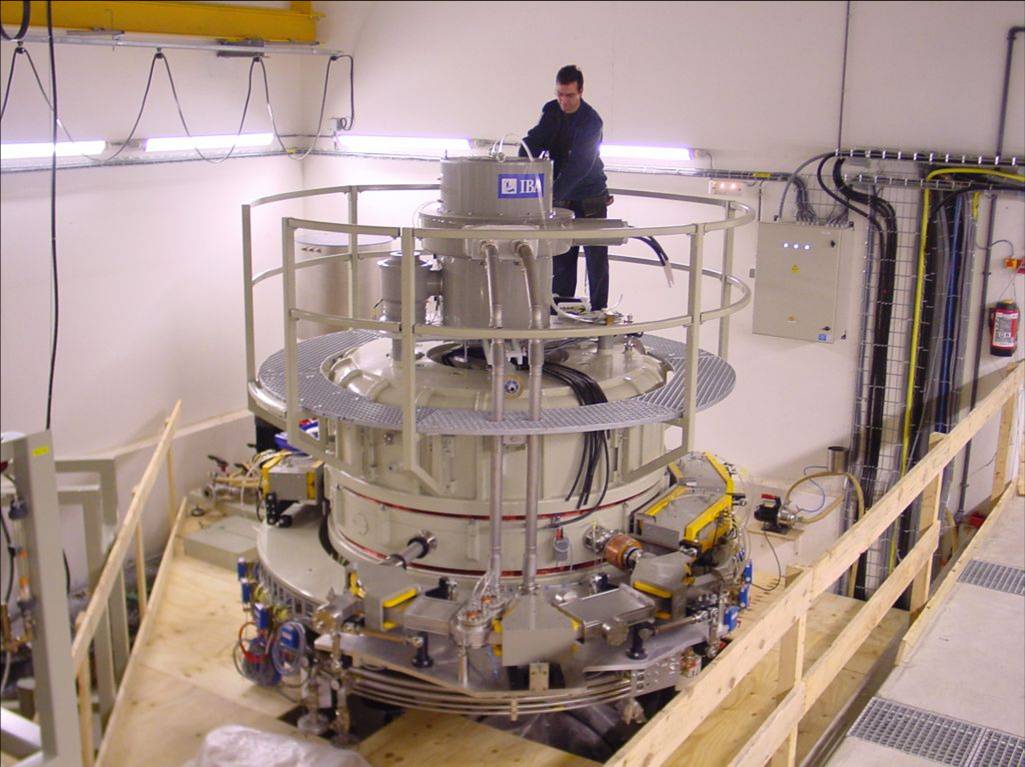May 2009 Vol. 236 No. 5
TechNotes
PetroBeam Aims To Unlock Value At The Bottom Of The Oil Barrel

The year 2008 was a bloodbath year in terms of oil prices. From a high of $147 a barrel, an all time record in July, the oil price ended the year at around $42 a barrel on average. The International Energy Agency is predicting a return to above $100 a barrel after 2010. Its chief economist Faith Birol said the downward pressure is likely to continue in 2009, but the indication beyond that would be positive as many economists predict a global recovery.
Whether oil prices are high or low, it is vital for the good of ther world’s collective energy future to increase the economic yield from each and every barrel of oil.
Global demand for crude oil continues to increase despite enormous efforts to develop alternative energies. Global demand is outstripping supply of conventional light crude oil. This trend is irreversible. Consequently, the production, transportation and refining of heavy oil will become increasingly critical.
Global reserves of heavy oil are nearly twice those of conventional light crude. Heavy oil production accounts for less than 5% of current production but is expected to increase to 25% of total production by 2025. Approximately 80% of the world’s heavy oil reserves are concentrated in the western hemisphere, which accounts for over half of the imported oil to the U.S. Heavy oil is vital to reducing U.S. dependence on foreign oil from unstable regions. Canada is the largest source of U.S. oil imports and has oil reserves that rank second only to Saudi Arabia. Canada is also the only non-OPEC jurisdiction that has the ability to significantly and sustainably increase oil production.
Radiation research in the petroleum sector has been conducted for over five decades with a wide variety of radiation sources explored as potent energy sources including gamma-ray, fission products, electrons and neutrons. A renewed interest in the application of radiation to petroleum processing was inspired after the collapse of the former Soviet Union. Since the 1990s, international efforts through the International Atomic Energy Agency led to the funding of proposals from distinguished nuclear scientists in the Republic of Kazakhstan. Today, we have a renewed interest in further defining the viability of using electron beams to refine crude oil and producer higher value liquid fuels. Electron-beam technology is widely used in the tire, medical, pharmaceutical, food and health-care industries. It has no radioactive source. Nothing ever becomes radioactive.
Concerns of energy self-sufficiency, energy security and peak oil, at least in terms of light conventional supply, have brought about an acute demand for an environmentally responsible method of transforming oil that is too thick to pump into a useable resource. As the leading developer of proprietary electron beam processing techniques to upgrade heavy petroleum feedstocks, PetroBeam is migrating this well-established industrial process and applying it to the midstream and downstream sectors of the petroleum industry.
In the midstream market, the company’s proprietary process is expected to reduce transportation costs. In the downstream application, the company is focused on improving upgrading and refining operating capacities at costs significantly less than current alternatives and improving yield and quality of transportation fuels, while reducing the industry’s effluent waste and greenhouse gas emissions.
By converting 30% of the heaviest fraction of the feedstock that would otherwise go to the coker, the company’s process has an environmental benefit as it proportionally reduces the demand on these existing assets. The PetroBeam process reduces (i) the energy intensity, (ii) the production of petroleum coke, and (iii) the wastewater used to clean the coking drums.
Heavy oil is here to stay. We must find ways of producing, transporting, and refining it into the transportation fuels the world still needs, and will continue to need for the foreseeable future. Increasing the value of our current oil supply with improved product quality, yield, stability and lower energy costs is key to ensuring the future of our world’s energy supply.
Author
Gusten R. (Bud) Brainerd is president and CEO of PetroBeam, Inc., a developer of electron beam processing techniques to upgrade heavy oil and bitumen.





Comments